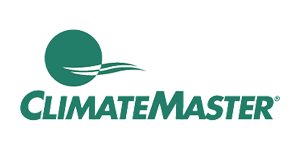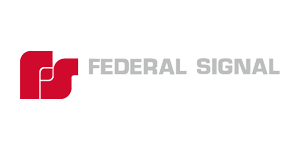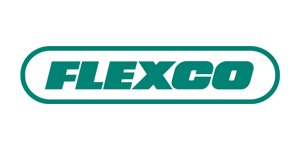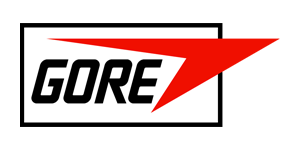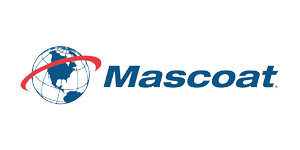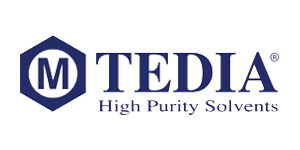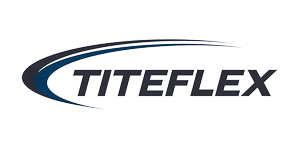East West Associates Roundtable with Senior Executives
Who Should Watch?
Executives whose US-owned companies are committed to manufacturing in China and selling into in-China markets.
Why Should They Watch?
For ideas and guidance to help navigate new business restrictions and other headwinds to your In-China/For China manufacturing operations.
The Past: How Things Were, in China/for China
For decades, manufacturing in China for the China market was a happy time. US multinational companies (MNC) took their tried-and-true designs there to address a huge untapped China demand. There were relatively few local competitors. The cost of labor in China was a fraction of anywhere else. The Chinese government provided a friendly regulatory environment and offered attractive incentives.
Then tailwinds became headwinds.
Today: Where We Are Now, in China/for China
Chinese competitors have emerged. US market share in China has eroded. Labor costs have ballooned. Nationalism is on the rise in both US and China. Political tensions and tariffs. New Business Park limitations. Buy-China attitudes, unpredictable laws and new environmental regs make it tougher and tougher for US-owned companies in China.
But there you are, in China, for the China market. What do you do now?
Our seasoned executives have real-life manufacturing experience in China and addressed four scenarios during the webinar.
Are you experiencing one, some, or all of these scenarios?
- Manufacturing operations in China Business Parks are facing growing pressures, including limitations on expanding manufacturing capabilities, and increased environmental restrictions.
- The Chinese government is imposing an array of“no-fly list” restrictions on imports of sensitive products or components or raw materials you need to manufacture in China.
- Implications of “Made in China 2025” indicate you might need to stay below the radar to survive there.
- You might be concerned that your operations in China could be under-performing.
Our speakers also answered audience questions, such as:
-
- Are there industrial parks or developing regions within China where we might find lower manufacturing costs and/or growing market potential?
- What opportunities are emerging in the western regions of China? Is it easier to do business there?
- China has recently spoken about welcoming foreign investment again. What can we realistically expect?
- Should we re-evaluate our ownership model and move to a minority position (< 50%) to address Chinese concerns? How do we deal with cash flow, profit repatriation, corruption, IP/TS concerns?
- Should we consider a move to a SE Asia regional headquarters? Like in Singapore or Hong Kong or even South Korea?
- How do we deal with declining operational performance? How can we monitor & motivate & compensate ex-pats and local staff, given new circumstances in China for US citizens and US-owned operations?
- Can you share a real-life example of how a certain In-China, For-China company is re-shaping its operations to reflect a changing China?
















